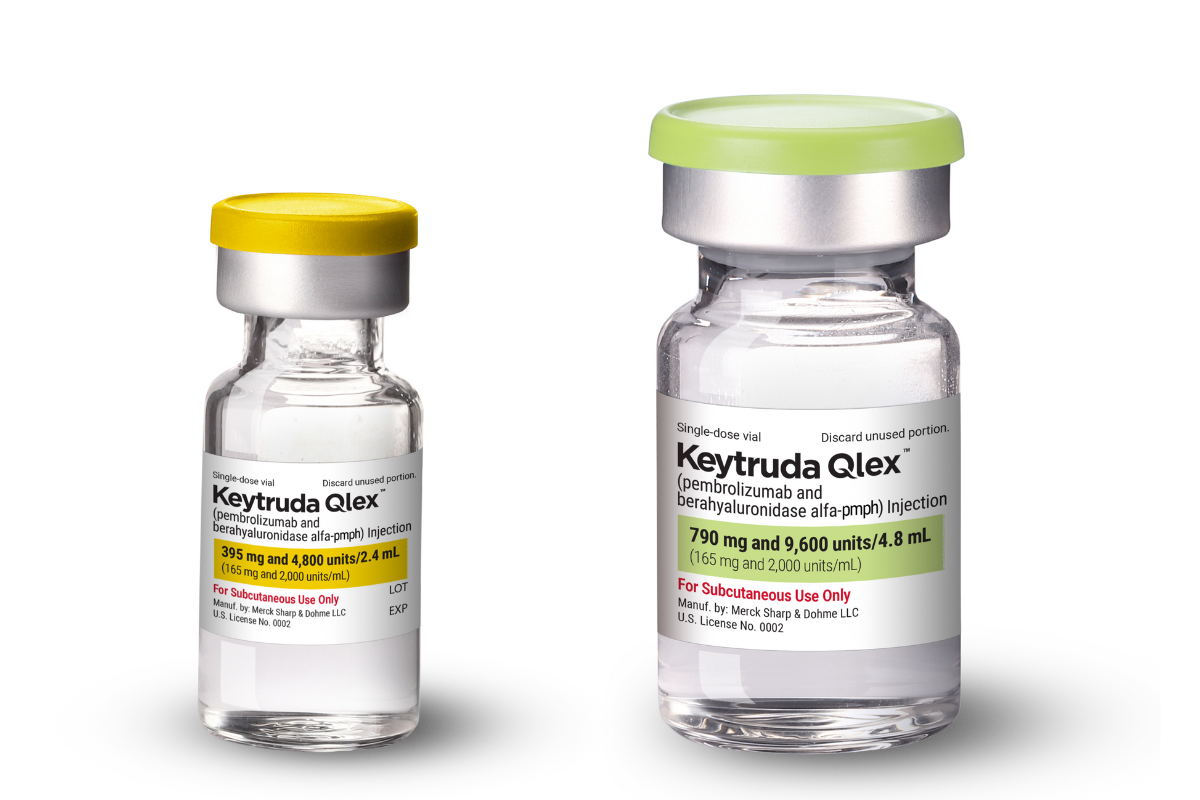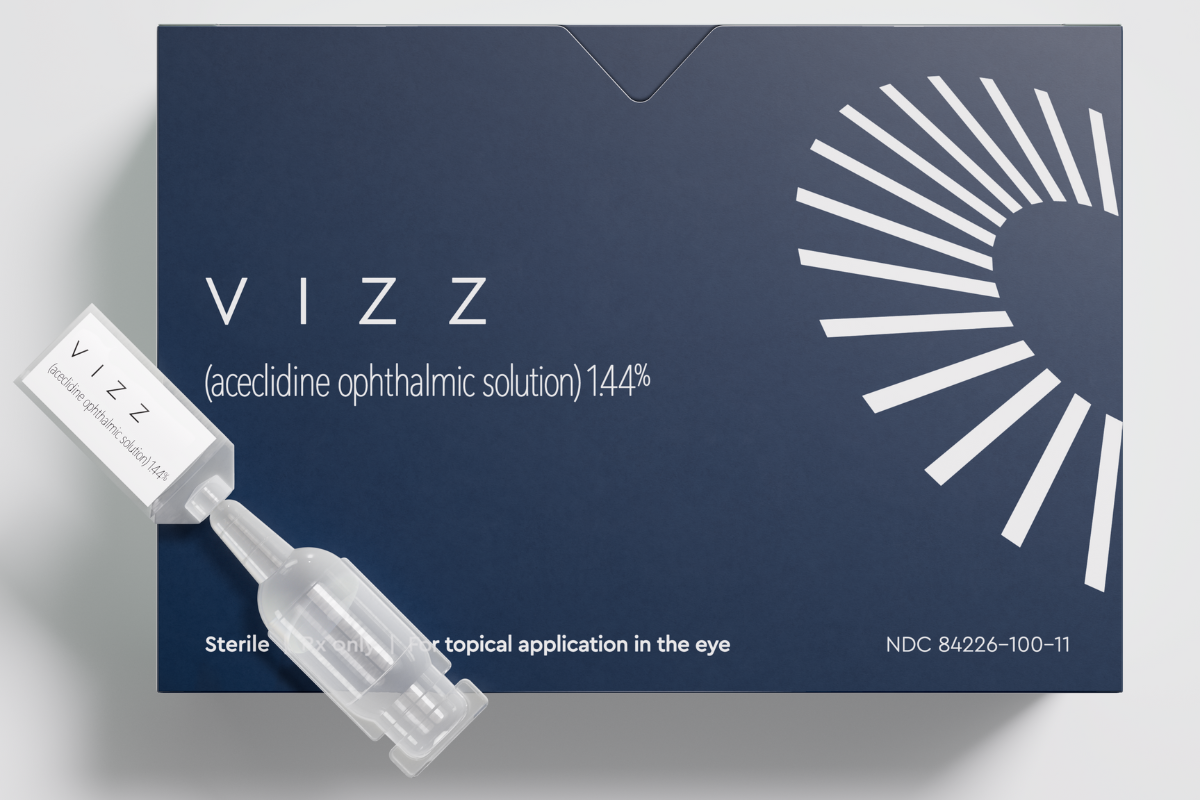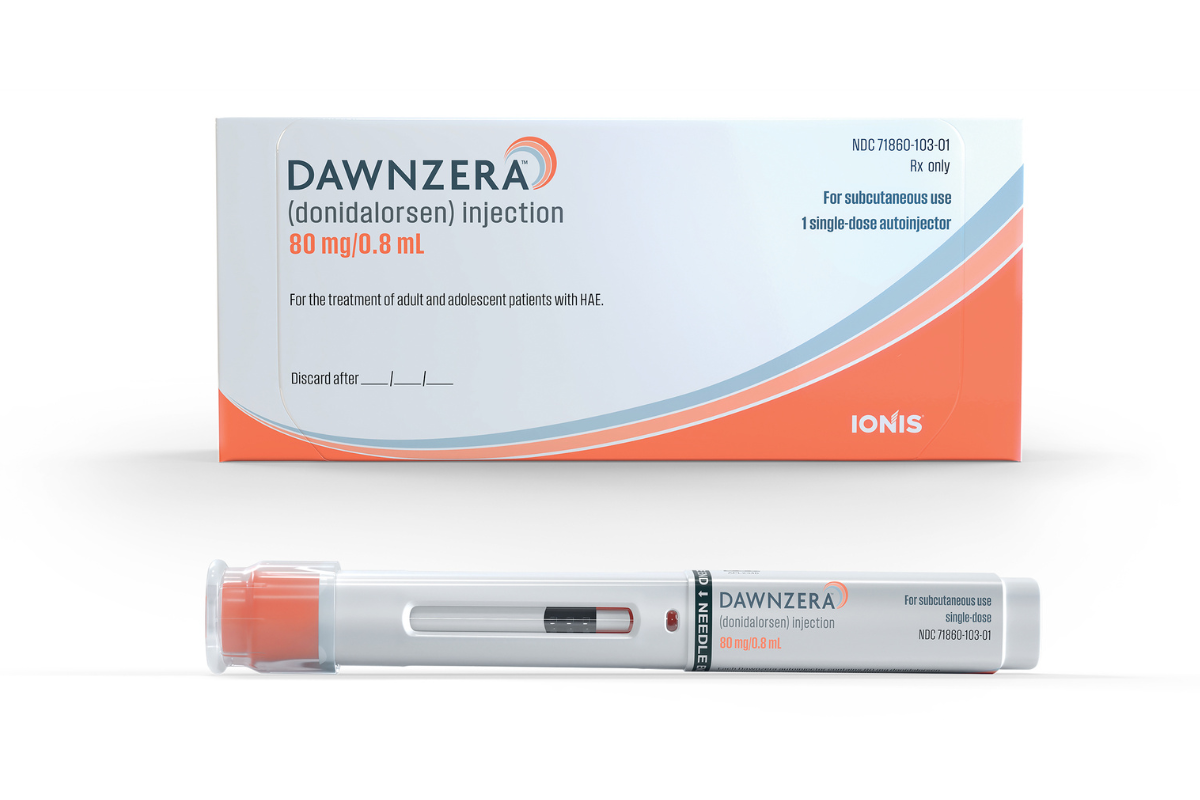GE HealthCare’s newly US Food and Drug Administration (FDA)-approved flurpiridaz F 18 positron emission tomography (PET) radiotracer, Flyrcado, could offer a new approach to diagnosing coronary artery disease (CAD).
As the first of its kind, Flyrcado could provide higher diagnostic efficacy compared to the commonly used single-photon emission computed tomography (SPECT) myocardial perfusion imaging (MPI) procedure. Indicated for patients with known or suspected CAD, Flyrcado’s ready-to-use unit dose can be manufactured offsite and could increase access, especially for patients with imaging challenges, such as those with a high body mass index (BMI) or women.
Flyrcado features a half-life of 109 minutes, significantly surpassing existing PET MPI tracers. This extended half-life could allow for broader distribution to hospitals and imaging centers and create an opportunity to combine exercise stress testing with cardiac PET imaging. Moreover, clinicians can conduct repeat scans within the same session if technical difficulties arise, reducing the need for rescheduling.
XTALKS WEBINAR: Unlocking New Paths for Cardiac Care: A Practical Guide to Implementing Echocardiogram Services
Live and On-Demand: Tuesday, October 29, 2024, at 1pm EDT (10am PDT)
Register for this free webinar to discover how echocardiogram programs can enhance quality of care, improve patient experiences and positively impact financial and operational performance of healthcare organizations.
Flyrcado’s efficacy and safety were evaluated against SPECT MPI in two prospective, multicenter, open-label clinical studies involving patients with suspected and known CAD: Study 1 and Study 2.
Study 1 assessed Flyrcado’s accuracy in detecting coronary artery disease (CAD) in patients scheduled for invasive coronary angiography (ICA). The sensitivity (detecting patients with disease) ranged from 74 percent to 89 percent, while specificity (detecting patients without disease) ranged from 53 percent to 70 percent for CAD defined as at least 50 percent artery narrowing. Study 2 included patients with known or suspected CAD and showed sensitivity from 63 percent to 77 percent and specificity from 66 percent to 86 percent. Both studies, which used ICA as the reference standard, highlighted Flyrcado’s effectiveness as a diagnostic tool for CAD, potentially offering a less invasive alternative to traditional methods.
Flyrcado is part of GE HealthCare’s lineup of FDA-approved F 18 imaging agents, which also includes Cerianna (fluoroestradiol F 18) for estrogen receptor-positive breast cancer lesions and Vizamyl (flutemetamol F 18) for brain imaging in Alzheimer’s disease evaluation. These products exemplify the company’s ongoing efforts to advance molecular imaging.
Recently, Lumicell’s imaging platform received dual FDA approval for its Lumisight optical imaging agent and Lumicell Direct Visualization System (DVS), further showcasing advancements in imaging technologies across different cancer indications.
Related: World Heart Day 2024: Use Heart for Action
Flyrcado is to be used for PET MPI under rest or stress conditions, employing either exercise or pharmacologic methods in adult patients to evaluate myocardial ischemia or infarction. Common side effects associated with Flyrcado use include dyspnea, headache, chest pain, nausea and arrhythmia.
Flyrcado is set to be available in early 2025, expanding access to PET MPI imaging for CAD diagnosis.












Join or login to leave a comment
JOIN LOGIN